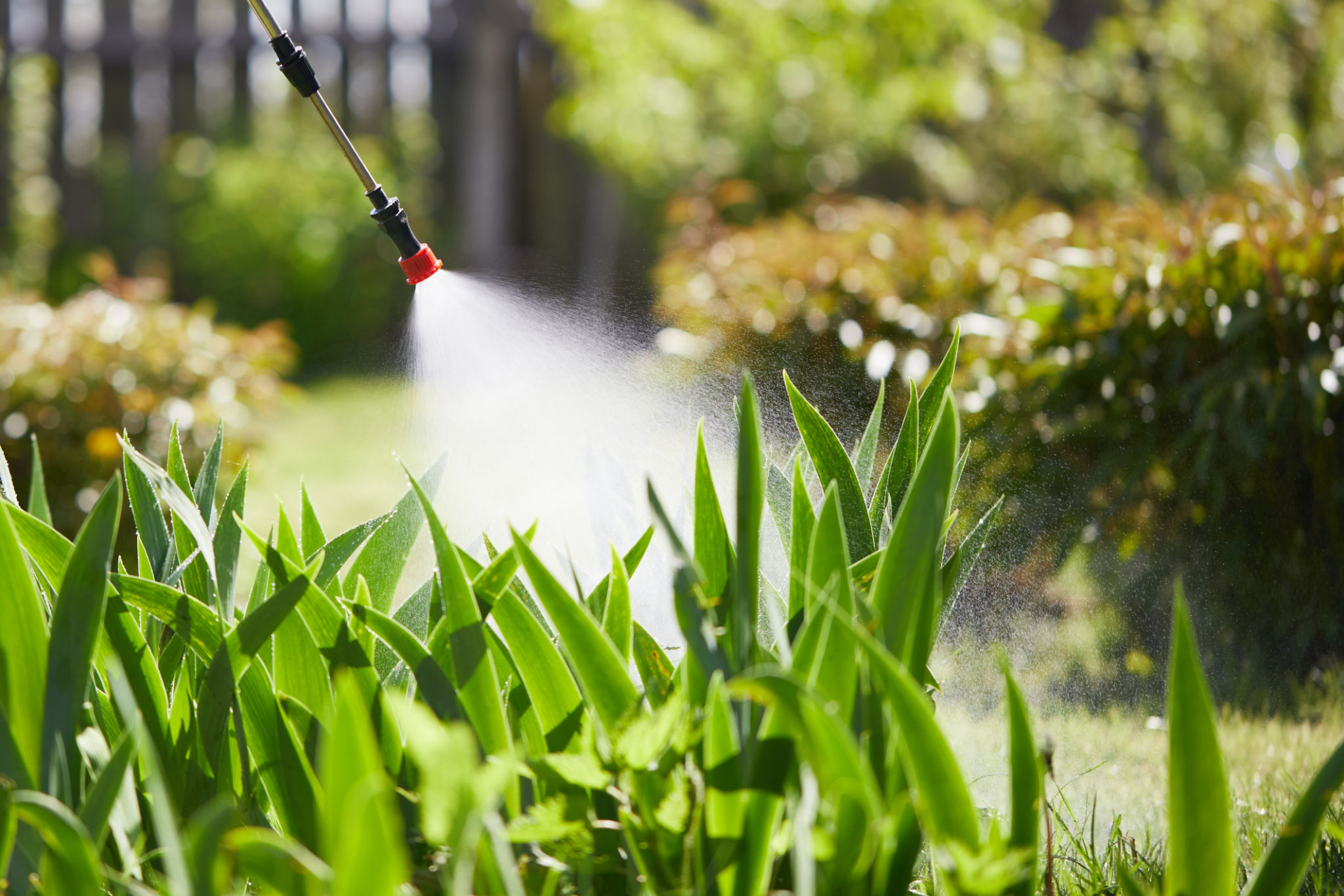Environmental Pest Control Solutions: Sustainable Practices for Ottawa Residents
Understanding the Importance of Sustainable Pest Control
As awareness of environmental issues grows, many Ottawa residents are seeking pest control solutions that align with sustainable practices. Traditional pest control methods often rely on harsh chemicals that can harm the environment and non-target species. In contrast, sustainable pest control offers a more balanced approach, focusing on long-term prevention and minimal ecological impact.
Sustainable pest control emphasizes the use of eco-friendly products and techniques that reduce harm to beneficial insects and protect the ecosystem. By choosing these practices, residents can contribute to a healthier environment while effectively managing pest problems.

Integrated Pest Management: A Holistic Approach
Integrated Pest Management (IPM) is a cornerstone of sustainable pest control. This approach combines biological, cultural, physical, and chemical tools to manage pest populations effectively. The key is to monitor pests carefully and only intervene when necessary, using the least invasive methods first.
IPM encourages the use of natural predators, such as ladybugs or lacewings, to control harmful insect populations. Additionally, it promotes cultural practices like proper sanitation and crop rotation to prevent pest infestations from taking hold.
Benefits of Natural Pest Control Products
Natural pest control products are gaining popularity among Ottawa residents for their effectiveness and minimal environmental impact. These products often contain plant-based ingredients such as neem oil or diatomaceous earth, which target pests without harming beneficial insects or wildlife.
Beyond reducing chemical exposure, these natural alternatives are often safer for children and pets. By opting for natural products, homeowners can maintain a safe and healthy living environment while effectively managing pests.

Preventative Measures for Pest Control
Prevention is a vital aspect of sustainable pest control. Simple steps can be taken to deter pests from entering homes and gardens. For instance, sealing cracks and crevices, removing food sources, and maintaining clean living spaces are effective strategies.
Regularly inspecting outdoor areas for signs of pests can help catch infestations early. Early detection allows for targeted intervention before a problem becomes widespread, reducing the need for more drastic measures.
Collaboration with Local Pest Control Experts
Working with local pest control experts who specialize in sustainable practices can be invaluable. These professionals have in-depth knowledge of Ottawa's unique pest challenges and can provide tailored solutions that align with environmental values.
By collaborating with experts, residents can ensure that their pest management strategies are not only effective but also environmentally responsible.

Community Efforts in Sustainable Pest Management
Community involvement plays a significant role in promoting sustainable pest management in Ottawa. Residents can participate in local initiatives aimed at reducing pesticide use and enhancing biodiversity in urban areas.
Programs that educate the public about sustainable practices and encourage the use of native plants can help create habitats for beneficial insects and reduce reliance on chemical pesticides.
The Future of Pest Control in Ottawa
The shift towards sustainable pest control is a promising trend for Ottawa's future. As more residents adopt eco-friendly practices, the collective impact on the environment will be profound. This movement not only supports biodiversity but also fosters healthier communities.
Sustainable pest control is not just a trend but a necessary evolution in protecting our planet. By choosing environmentally conscious methods, Ottawa residents can lead the way in creating a cleaner, greener future.